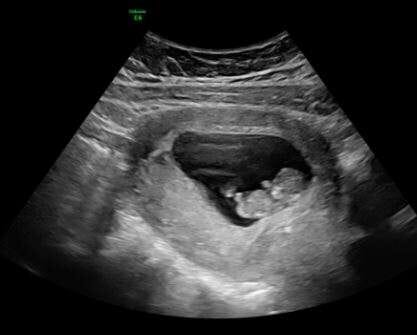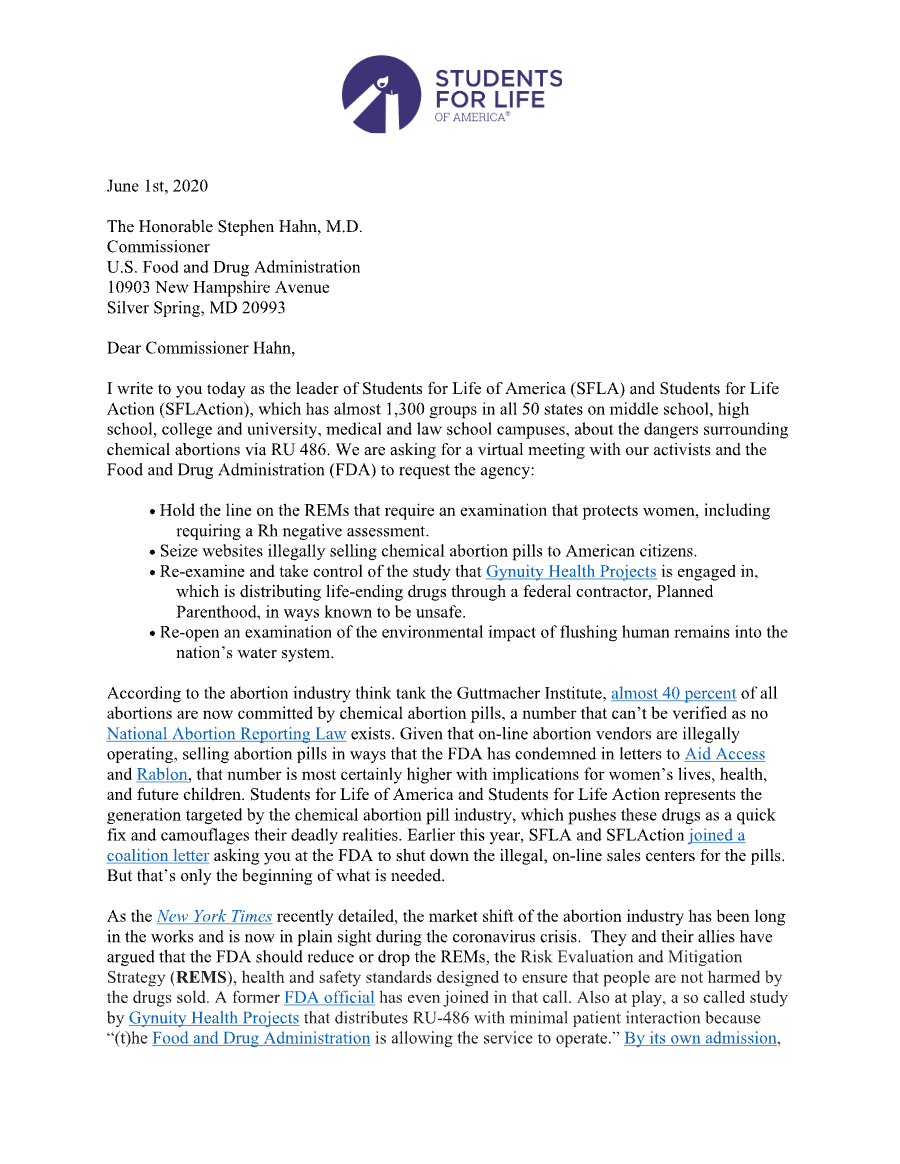
Blog by Samantha Kamman.

For the last 40 years, the “14-Day rule” has provided some regulation on unethical experimentation on embryonic human children. Under the limit, scientists cannot allow human embryos to develop beyond two weeks in their lab.
But according to a report from Technology Review last March, The International Society for Stem Cell Research is working to revoke the restriction. The organization has prepared draft recommendations to move such research from the “prohibited” category and into a class of research that can be conducted after an ethics review.
Already, many scientists are using individual stem cells to grow embryo-life structures. Part of the reason why they’re eager to follow embryonic development beyond the two-week limit is so they can begin conducting experiments on extending human development outside the womb.
Translation: Researchers want to experiment on human life for a longer period of time.
Writing for The Epoch Times, author Wesley J. Smith noted the ethical concerns associated with revoking the 14-day rule.
“Much of this future experimentation will involve learning how to eugenically manipulate babies,” Smith wrote.
“From the MIT Technology Report story on growing calls to trash the 14-Day Rule: ‘Scientists are motivated to grow embryos longer in order to study—and potentially manipulate—the development process… New experiments ‘might ignite abortion debates,’ especially if the researchers develop human embryos to the point where they take on recognizable characteristics like a head, beating heart cells, or the beginning of limbs.’”
Smith pointed out that yes, these experiments should “stimulate debate.”
“We are not talking about ‘beating heart cells’ but the human hearts of nascent human beings. And contrary to the Technology Report story, these ethical questions have nothing whatsoever to do with abortion, since no woman would be required or asked to do anything with her body.”
“The question that these experiments thus force us to face—and answer—is of whether unborn human life has any intrinsic moral value, and if so, to what extent,” he added.
The author noted that allowing embryonic research beyond the 14-day limit would likely require artificial wombs. While some pro-lifers point to this as an alternative to abortion, Smith questioned the ethics behind developing the technology.
“…Perfecting such a machine would entail the mass creation of human embryos and their repeated destruction in experiments as researchers strived to maintain the embryos for ever-longer time periods, indeed, eventually well into the fetal stage,” he wrote.
“This would be human experimentation of the rankest sort, with living fetuses maintained in an artificial environment, not for the purpose of being born or learning how to save babies in danger of being stillborn—but also as being akin to lab rats, for example, used as sources of organs for transplantation, a prospect already discussed in bioethics known as “fetal farming.”
Smith cited a series of experiments from the 1960s that sparked public outrage after people discovered that scientists were keeping infants who survived abortions alive for research purposes.
While the public’s revulsion brought the experiments to a halt, Smith questioned whether the country would feel the same level of outrage over research like that today. The author could not help but notice that legislators have laid the groundwork for it to happen again.
“For example, Vermont recently enacted a statute that states, ‘A fertilized egg, embryo, or fetus shall not have independent rights under Vermont law,” Smith wrote. “Again, this has nothing to do with abortion. That provision can only mean that any embryo or fetus can be put to any instrumental use whatsoever without legal consequence.”
“The time to decide whether we want to go down this utilitarian road should be before we actually get there, not when the ethical crisis is upon us and there is no time to think.”
“At the very least, we need to enact a legally enforceable moratorium preventing live fetal experimentation to give the world time to sort out the ethics of pursuing such technologies in humans through democratic deliberation.”
Treating human beings as commodities without value or human rights, regardless of their size or level of development, violates a person’s dignity under the guise of furthering “science.” There is no excuse for the commodification of human beings, especially those who are so vulnerable that they cannot fight for themselves.
We, as a society, must do better for our brothers and sisters in the womb.
Share this post
Recent Posts

Abortion Brags from Lily Allen & Hat from Cynthia Nixon Enrage Even Pro-Choice Americans. Can the Pro-Life Generation Take Some Credit?
11 Jul 2025
Young Mom Prayed for God’s Hand on Her Child – At Her Ultrasound Appointment, THIS Happened
11 Jul 2025
Letter to the FDA Regarding Chemical Abortion Drugs June 2020
10 Jul 2025
